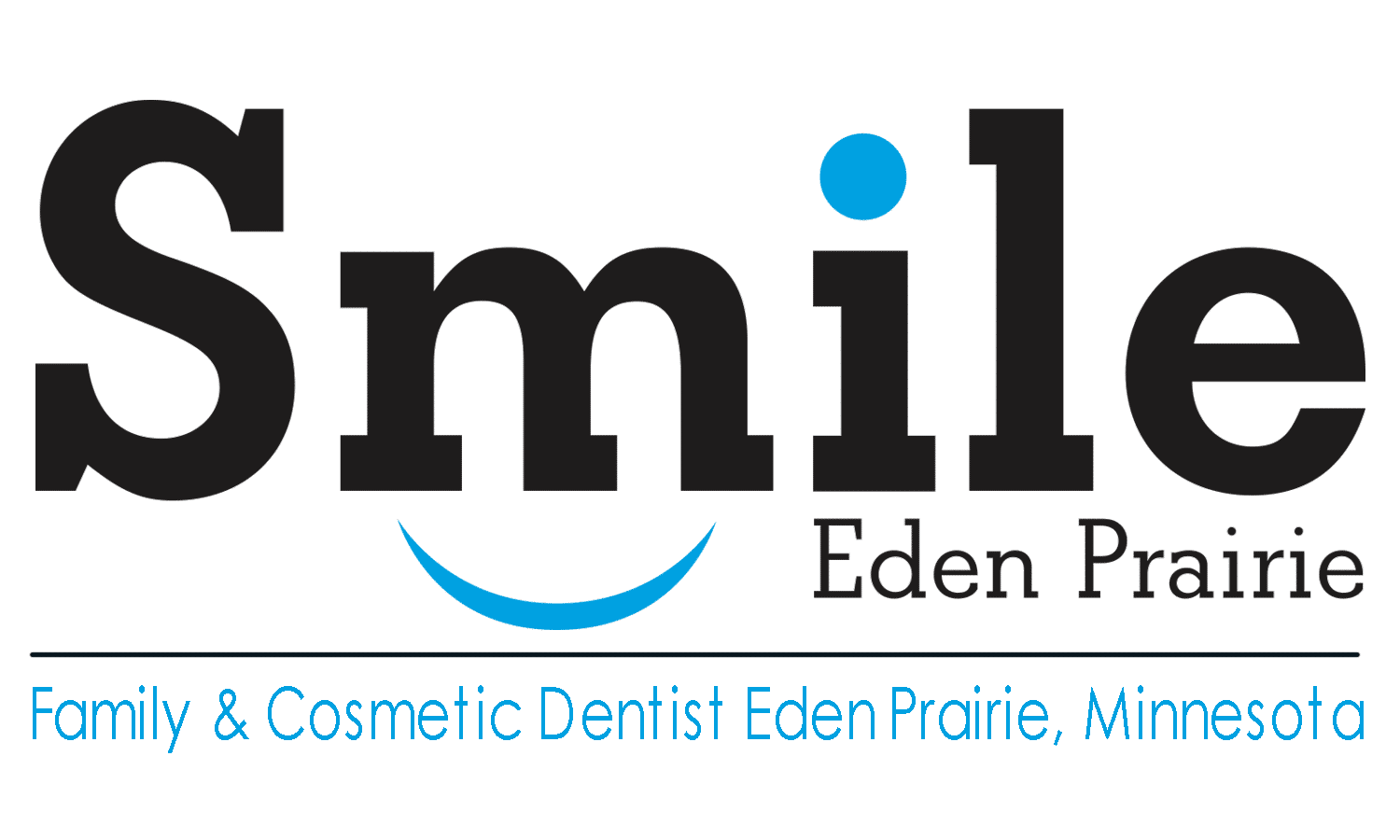Dentistry and Acid Reflux
Many parents take their children to the dentist for a routine appointment expecting a clean bill of health. Instead, some discover that their child's teeth are suffering from decay and will require extensive dental work to repair. The child brushes their teeth frequently and is given a balanced diet. What could cause this to occur?
Acid reflux may be to blame. During digestion, your stomach produces natural acids. For some people, these acids travel up through the throat and into the mouth. For most people, their saliva will rebalance acid levels and there will not be any negative effects.
Unfortunately, for those who suffer from acid reflux, these harmful acids travel into the mouth during the day. The exposure to acid can be especially problematic when you are asleep as you are swallowing less frequently and your mouth produces less saliva.
It is not uncommon for children and adults alike to struggle with acid reflux. A child especially may not realize that there is a problem. Below are a few steps to help minimize the consequences of acid reflux.
Visit the Dentist Regularly
If your child experiences reflux, it is especially important that they see the dentist as soon as they have teeth. Good pediatric dentists are able to identify reflux early on and help devise a thorough treatment plan. For children who experience severe acid reflux, they may need to visit the dentist every three months compared to the standard six month recommendation. Prevention of damage is key.
Fluoride Treatments
While all children need fluoride, it is especially vital for who have acid reflux. Fluoride helps provide extra protection from the constant exposure to acid. It can be helpful to encourage your child to consume fluoridated water, when possible. Talk to your dentist or pediatrician if you do not have access to fluoridated water. It is possible to obtain a prescription for fluoride.
Dietary Considerations
For children who struggle with acid reflux, avoiding drinks and snacks with high amounts of sugar is not sufficient. In order to protect your child's teeth, the flow of acid needs to be reduced. It can be helpful to avoid common reflux trigger foods. This can include tomatoes and other fruits with high acidity. Also be cognizant of your child's snacking schedule and work with them to avoid consuming food before a nap or bedtime. It can also be helpful to discuss strategies to control reflux with your pediatrician.
Baby teeth are crucial. They help ensure children are consuming enough nutrients and prepare your mouth for permanent adult teeth. For children suffering from acid reflux, it is imperative to prioritize their dental care. Being proactive can help prevent irreversible damage and protect their oral health.
Protecting Teeth and Finding Relief
Some options for protecting existing teeth and finding relief from acid reflux include:
- Chewing sugar-free gum which encourages the production of saliva. This aids in neutralizing and clearing acids from your mouth.
- Fluoride toothpastes can also help improve and strengthen the tooth’s enamel.
- (Adults) Avoid alcohol consumption and smoking.
- Refrain from eating at least three hours before going to bed.
